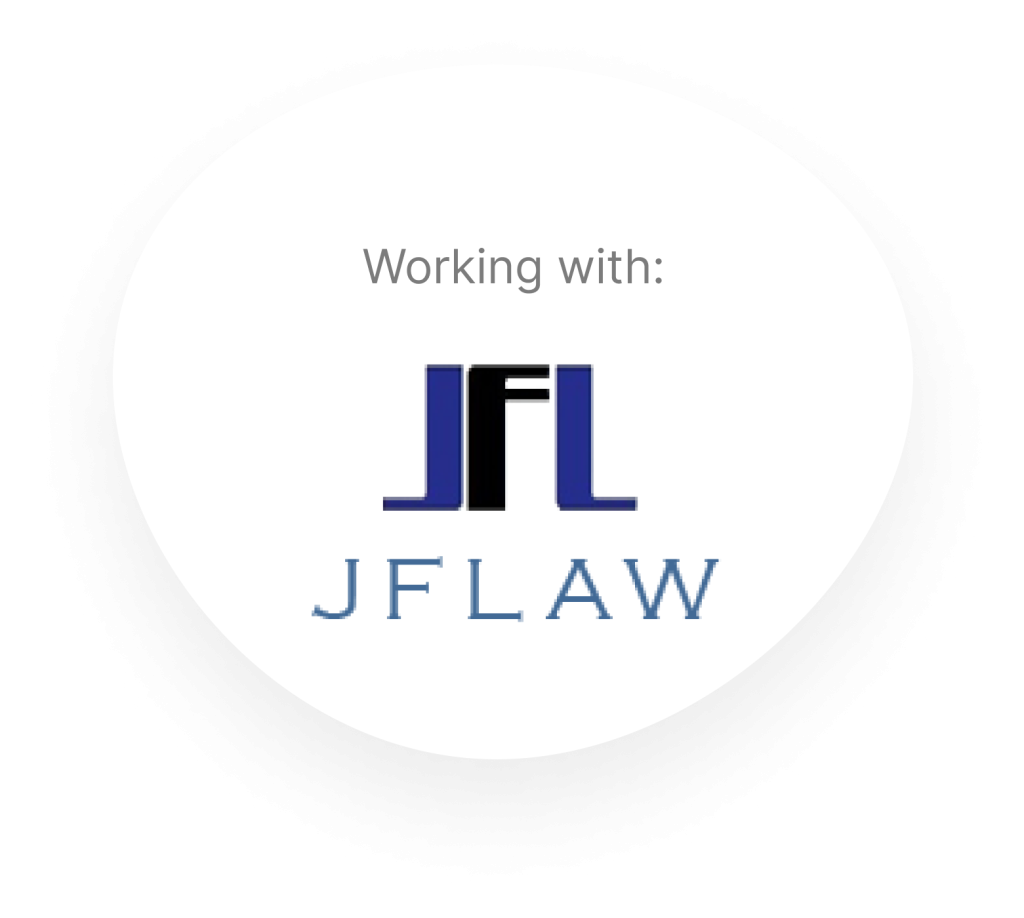If you are looking to make a slip, trip and fall claim because you have slipped on a wet floor and injured yourself, this guide could help. To make a personal injury claim, you have to be able to prove the harm you sustained was caused by a third party’s negligence. Negligence involves someone breaching the duty of care they owe you. We will explore the duty of care you may have been owed further in our guide.
Additionally, we aim to answer questions such as:
- How to claim injury compensation?
- How much compensation for slipping on a wet floor could I receive?
- What is the time limit to start a claim for slipping on a wet floor?
Additionally, we have provided some examples of how a slip or trip could occur and the steps you could take after sustaining harm in a similar accident.
Furthermore, this guide will look at the settlement you could receive and how it’s often calculated.
Please continue reading for more information. Alternatively, if you would prefer to speak to a member of our team, you can:
- Call the number above
- Contact us online
- Use the live chat feature below
I Slipped on a Wet Floor – Can I Claim?
A slip, trip or fall on a wet floor can happen in a variety of places, for a number of reasons and the severity of each case can vary.
For example, you may have suffered from a severe head injury after being involved in an accident in a public place. Alternatively, you could have sustained a minor hand injury having slipped on a wet floor at work.
However, not all accidents form the basis of a valid slip, trip and fall claim. As mentioned, your injuries need to have been caused by a third party breaching their duty of care. We will explore duty of care later on in our guide,
Examples of Potential Injuries From Slipping on a Wet Floor
Below, we have provided examples of how someone could have slipped on a wet floor:
- You may have slipped in the toilets at work after they were cleaned due to no wet floor sign being placed down. As a result, you sustain a severe back injury in an accident at work.
- You may have experienced a slip in a supermarket after a spill in an aisle wasn’t cleaned up despite a member of staff having been made aware of it. Subsequently, you slip and suffer a broken wrist.
To discuss your specific accident and find out whether you’re eligible to seek compensation, call us on the number above.
I Suffered From a Slip, Trip and Fall – Why is Duty of Care Important?
Certain third parties have a duty of care that must be upheld at all times, and any breach of this could lead to you sustaining harm.
For example, under the Occupiers’ Liability Act 1957, the controller of public spaces must keep the area safe for members of the public to use for its intended purpose. This means they must do everything they reasonably can to minimise the risk of harm by addressing any known hazards.
Similarly, the Health and Safety at Work etc. Act 1974 sets out an employers duty of care to take all reasonable steps to reduce or remove the risk of harm in the workplace.
Therefore, if you sustain a slip and fall injury at work or in a public place, and the responsible party has not fulfilled their duty of care, you could seek compensation.
However, you should also be aware of the three-year time limit which can start from the date the accident happened or the date you discovered your injuries were caused by negligence. There are exceptions in some cases. Call us for more information if you have slipped on a wet floor and want to know whether you’re eligible to claim.
I Slipped on a Wet Floor – What Evidence Could I Use to Claim?
If you have slipped on a wet floor and been injured, it is vital to gather as much evidence to strengthen your case. Evidence can include:
- The contact details of any witnesses
- CCTV footage
- Photographs of the accident scene or your injuries
In addition, you may find it beneficial to seek legal advice. One of our advisors may be able to help provide more information on the type of evidence you can acquire to support your claim.
Additionally, they could provide information on the services the solicitors from our panel could offer. Call for more information.
Slip Trip and Fall Claims – What Compensation Could I Receive?
If you slipped on a wet floor and succeeded in securing a settlement, it could comprise general and special damages.
General damages seek to compensate you for any pain and suffering that has been endured due to your injuries. This head accounts for both physical and psychological injuries and the way in which they have impacted your quality of life.
We have made a table using the guideline compensation brackets from the Judicial College Guidelines (JCG). The JCG is a document that legal professionals use to help them when valuing the general damages head of claim.
However, each case is different, and the compensation figure you receive might differ. Therefore, the following table should only be used as a guideline.
| BODY PART | COMPENSATION BRACKET | DETAILS |
|---|---|---|
| Brain | £150,110 to £219,070 | (c) Moderate (i): There is a change in personality, an impact on senses, a significant risk of epilepsy and an intellectual deficit ranging from moderate to severe. |
| Back | £91,090 to £160,980 | (a) Severe (i): Severe injuries that involve damage to the spinal cord and nerve roots resulting in severe consequences not ordinarily found in back injuries. |
| Neck | £65,740 to £130,930 | (a) Severe (ii): An injury that involves a severe fracture/ damage to discs in the cervical spine which leads to disability. |
| Leg | £54,830 to £87,890 | (b) Severe (ii): A very serious injury resulting in continuous problems with mobility. |
| Ankle | £50,060 to £69,700 | (a) Very Severe: This bracket includes a bilateral ankle fracture. |
| Wrist | £47,620 to £59,860 | (a) An injury that results in complete loss of wrist functionality. |
| Wrist | In the region of £7,430 | (e) A Colles’ fracture that’s uncomplicated. |
| Shoulder | £19,200 to £48,030 | (a) Severe: Injuries that involve damage to the brachial plexus causing a significant disability. |
| Hand | Up to £36,740 | (f) Severe finger fractures. |
| Elbow | £15,650 to £32,010 | (b) Less Severe: Injuries that cause function to become impaired but they don’t involve major surgery or a significant disability. |
You may also receive special damages. This head of the claim looks to reimburse you for any financial losses sustained as a result of your injury. Examples include:
- Loss of earnings
- Medical expenses
- Care costs
- Home adaptations
You must remember to keep a record of all financial losses, such as receipts or payslips.
No Win No Fee Solicitors – What are the Benefits?
Hiring a solicitor under a No Win No Fee arrangement can be beneficial as it can mitigate the financial risk often involved with seeking legal representation.
There are many types of arrangements, such as a Conditional Fee Agreement (CFA). The conditions of this agreement can mean that you don’t have to pay any fees for your solicitor’s services should your claim fail.
If your case succeeds, you will have to pay a legally capped success fee. This will be taken from your compensation.
The solicitors from our panel can represent claims on this basis. To find out whether they could offer their services to you, call our team.
Contact Us Today for a Free Consultation
If you’re still wondering whether you could seek compensation after you slipped on a wet floor and injured yourself, our team of advisors could help. Additionally, they could provide information on your rights after an accident at work or in a public place. To get in touch, you can:
- Call the number above
- Contact us online
- Use the live chat feature below
Slip Trip and Fall Claims – Learn More
Below, we have provided some additional resources that could help.
- NHS- Falls
- HSE – First Aid At Work
- GOV- Compensation After An Accident Or Injury
- Personal injury claims calculator
Thank you for reading our guide on what to do If you have slipped on a wet floor and injured yourself. If you have any other questions, call our team on the number above.




